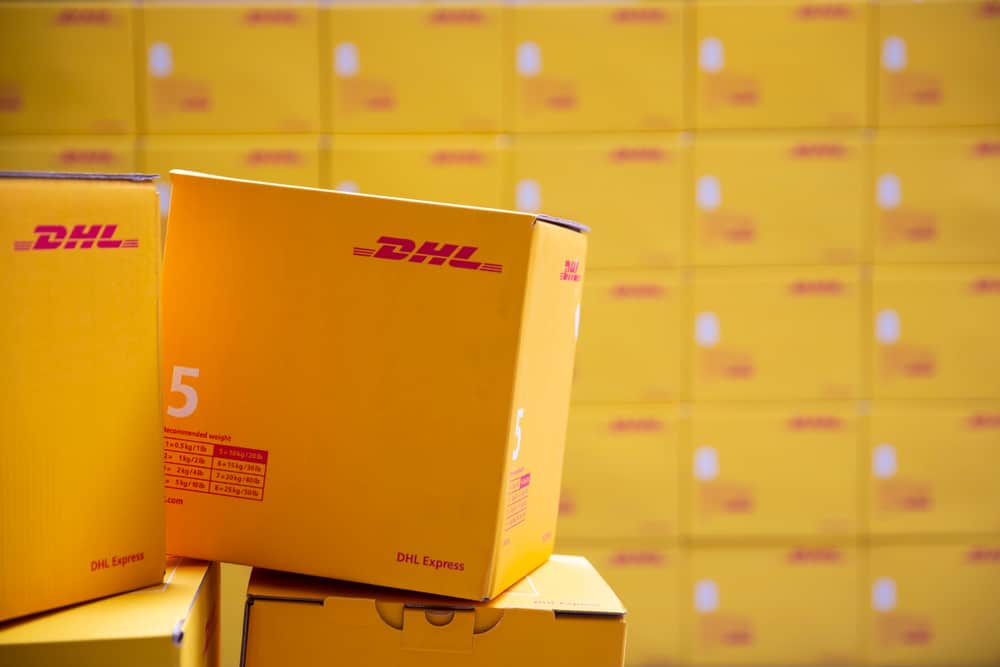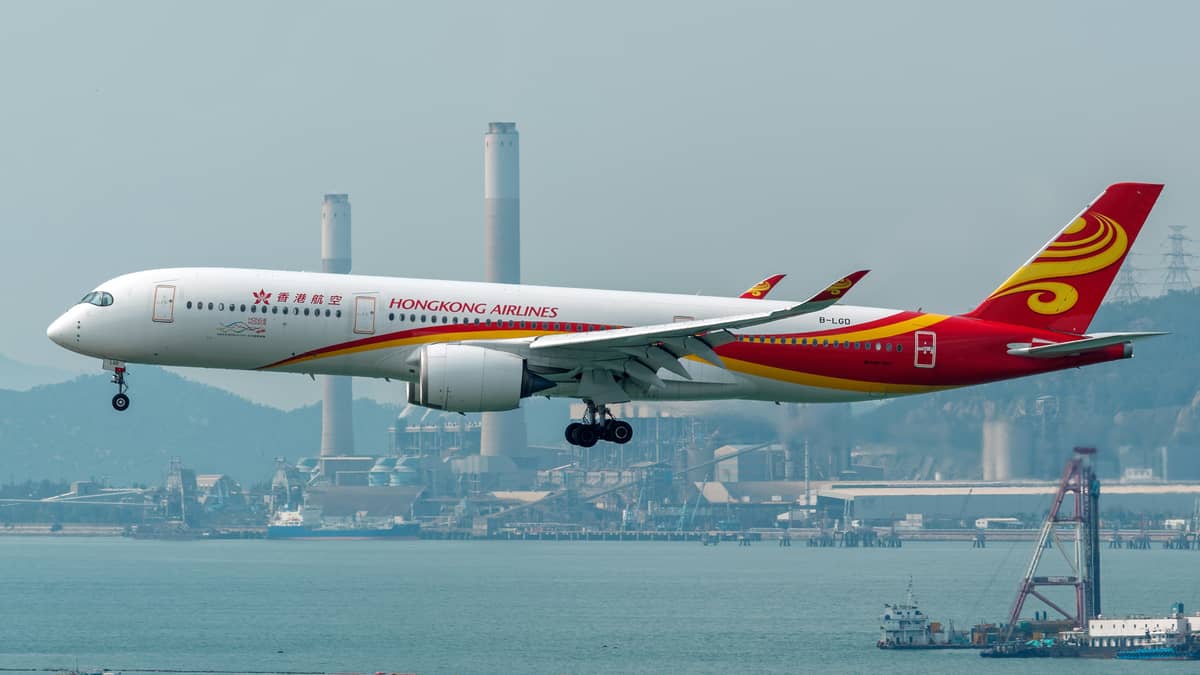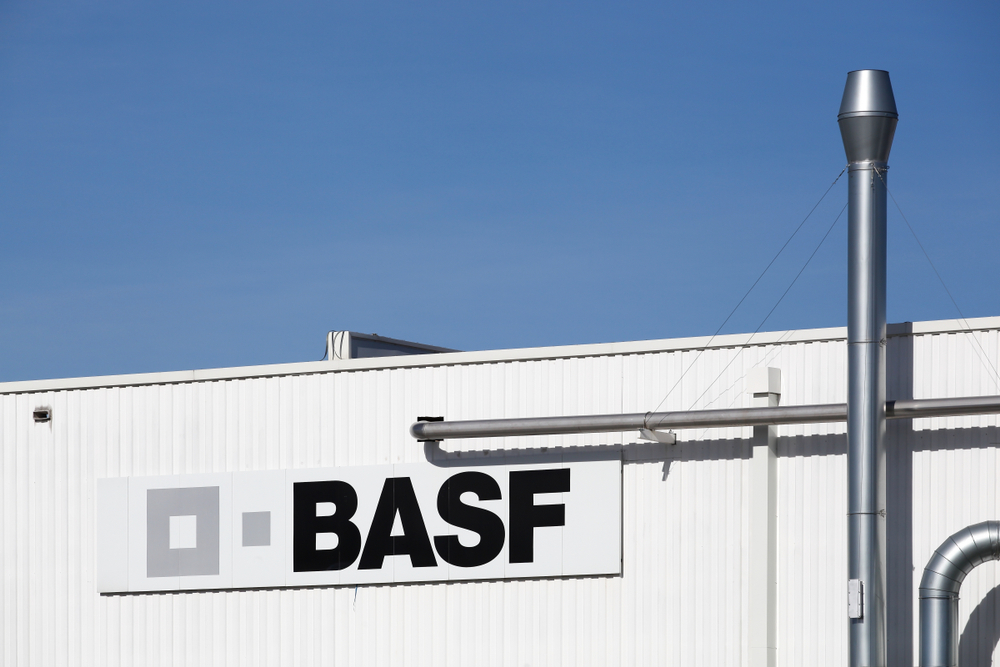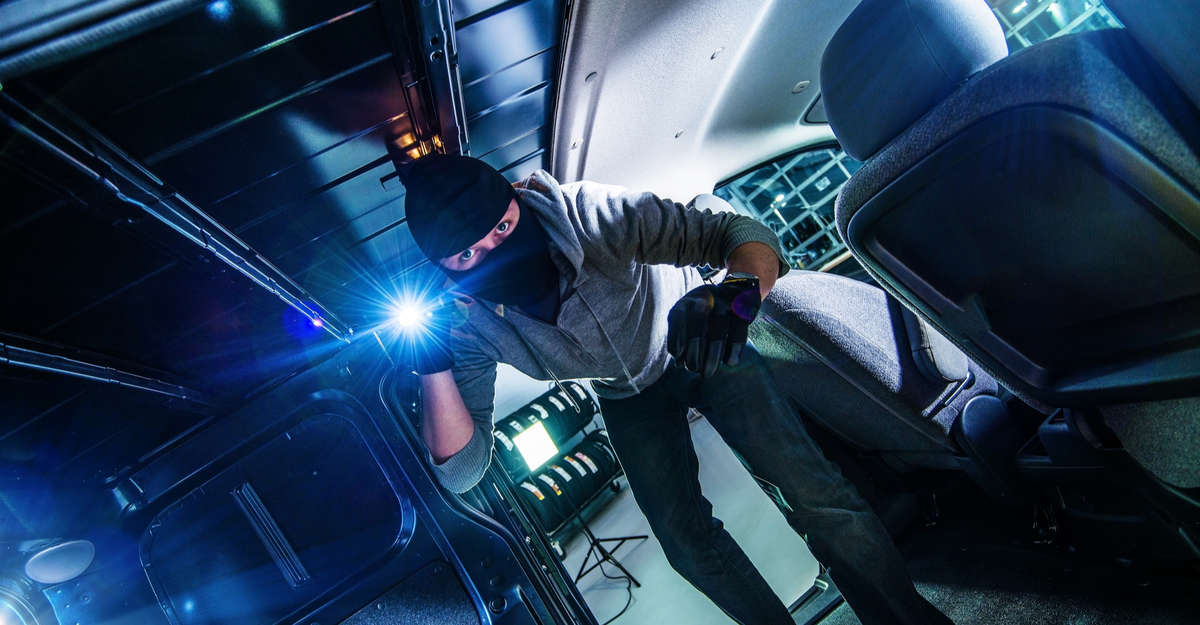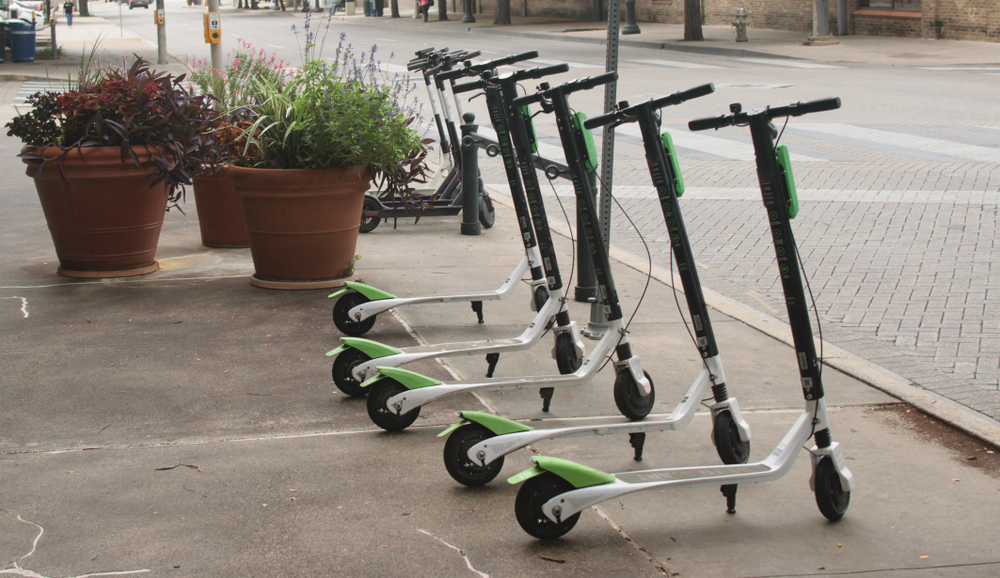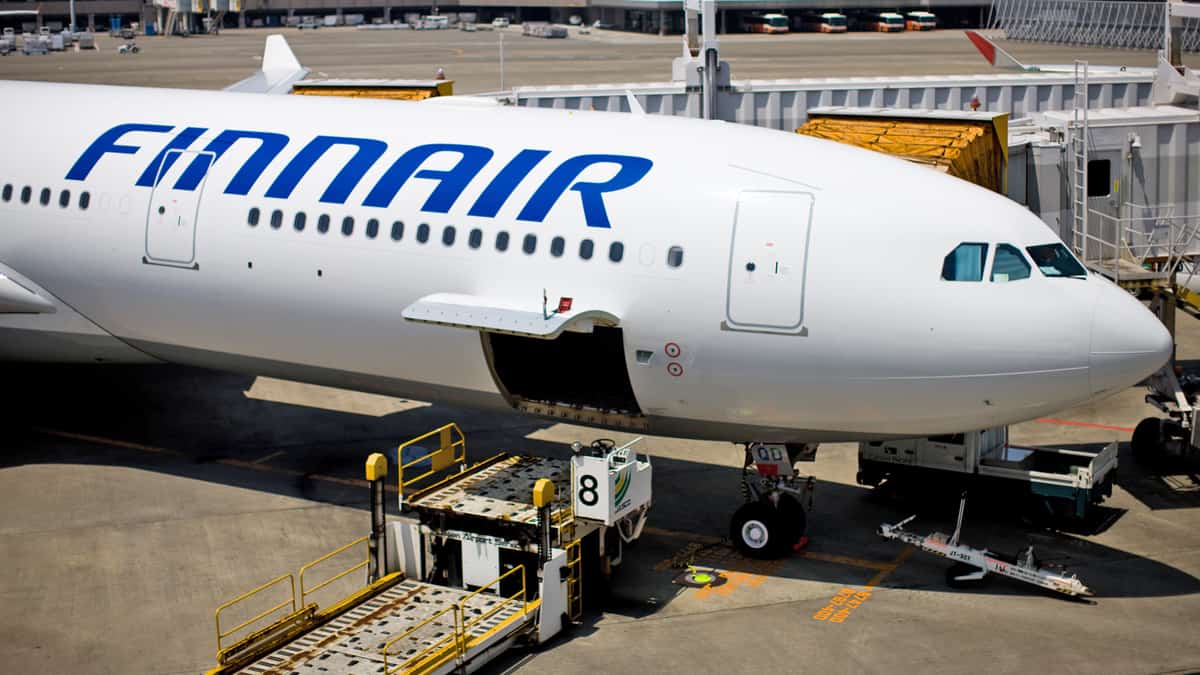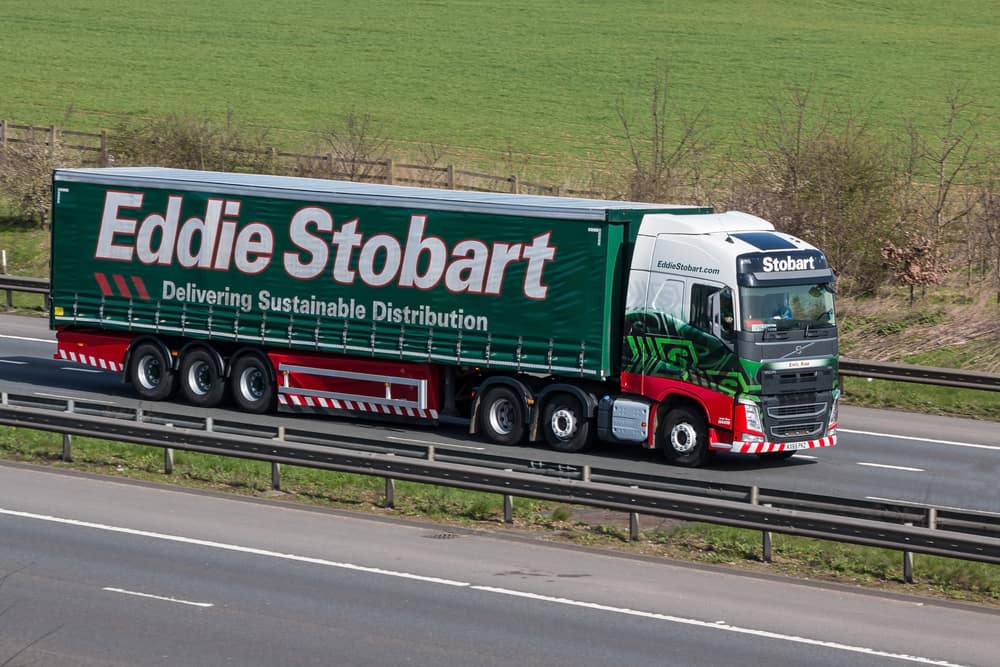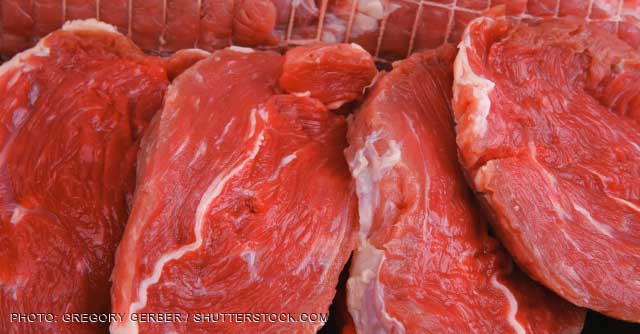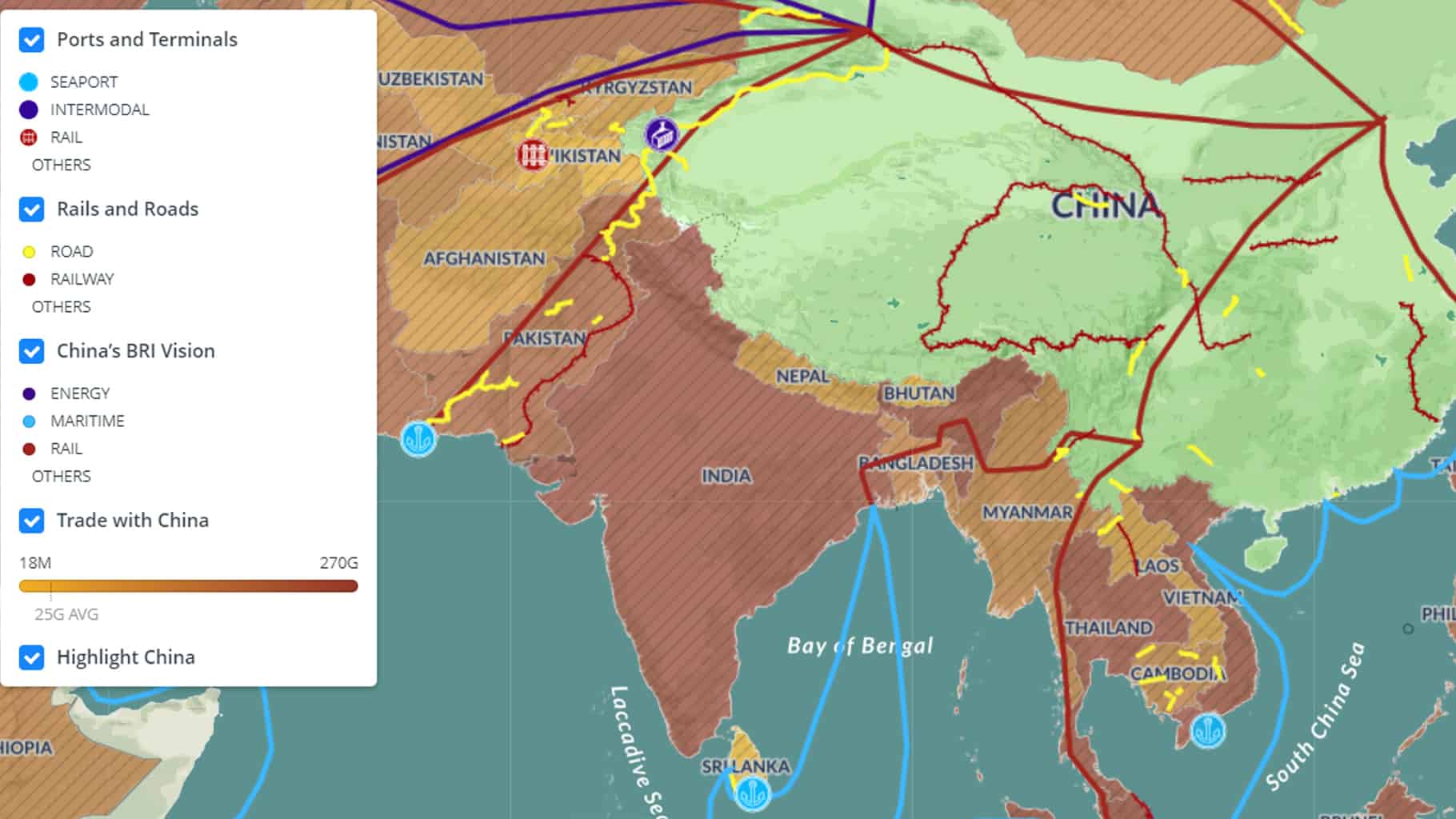
The rise of e-commerce has led businesses to reinvent and expedite their logistics operations. The last-mile delivery segment is under considerable scrutiny in particular, primarily because it is the link companies have with their end customers, with consumer satisfaction making or breaking their businesses.
Customer expectations are a principal driver behind supply chains of today, which has led to a push toward visibility to ensure businesses run a tight ship and customers get to track their products’ provenance.
That said, a niche within the last-mile segment that is seldom discussed is product packaging. Generally packaging can be considered good if customers barely notice it while they unwrap their products. However, complicated packaging can lead to consumer frustration, which can lessen the overall buying experience.
Freight forwarding giant DHL recently came out with a report on the future of packaging in the logistics industry, detailing specific packaging needs based on sector and demographics and the innovation that the niche requires in balancing sustainable packaging with ensuring customer satisfaction and product safety while in transit.
“In 2018, the global packaging industry was worth $886.1 billion. Asia-Pacific countries are the largest consumers of packaging, accounting for 44% of the world total. North America and Western Europe take second and third places, accounting for 23% and 19%, respectively,” said the report.
Packaging as an industry has naturally evolved over the years, but the core tenets of what packaging should entail have largely remained constant. A quintessential package will need to provide a specific brand experience, be robust and easy to handle, efficient to store and stack across pallets and be recyclable once its purpose is lived out.
DHL pointed out the effect e-commerce has had over the packaging industry. The experience created in business-to-consumer (B2C) transactions via e-commerce has overflowed into the business-to-business (B2B) transactions as well, with manufacturers keen to provide a B2C-like experience in B2B activities. This forces the packaging ecosystem to adapt to e-commerce processes in which packages cross more stakeholders’ thresholds than a shipper-to-retailer process before they reach the customers’ doorsteps.
“An e-commerce package is handled 20 times more frequently on a journey from the distribution centre (DC) to the consumer’s home than when it is transported on a pallet to a retail store. With each of those touchpoints presenting an opportunity for the item to be dropped or damaged, e-commerce supply chains create much higher requirements for packaging robustness and product protection,” observed the report.
Futuristic delivery methods can employ drones to drop packages over attics and on front porches, which would require packages to be a lot more durable. New delivery models also warrant packages to be delivered and left outside customer homes, which can leave the packages exposed to inclement weather and also be prone to theft. Packaging would have to play a role in thwarting these uncertain conditions and circumstances.
DHL’s survey showed customers were increasingly agitated with wasteful and inefficient packaging. Large packaging for small items leads to packers stuffing boxes with excessive void-fill material. This is met with consumer derision — and dents to company reputation.
“Analysis of e-commerce parcels shows that around 24% of their volume is empty space. In the fast fashion industry, this number tends to be even higher due to the lack of structural rigidity of clothing and accessories,” said the report.
DHL pointed out that increasing the package utilization rate will benefit all parties in the e-commerce supply chain — from operations to the customer to the environment. “Simultaneously optimizing fill density and package protection, while operating at high speed and large scale, remains perhaps the most significant packaging-related challenge to date,” it said.

